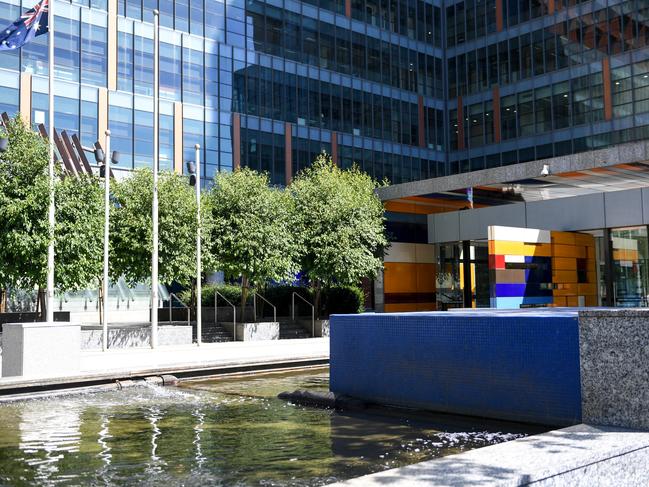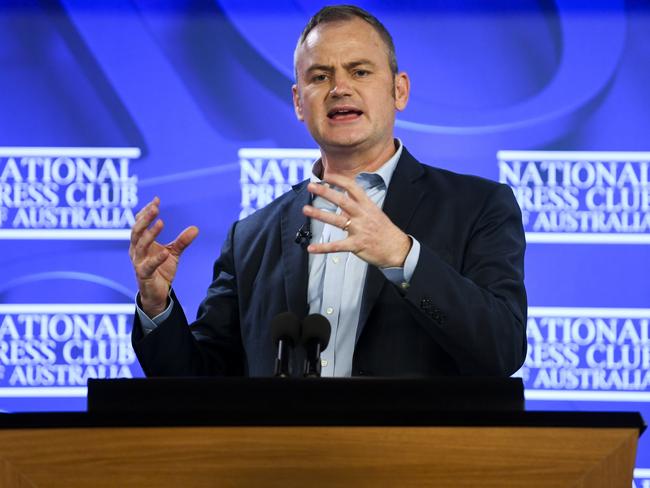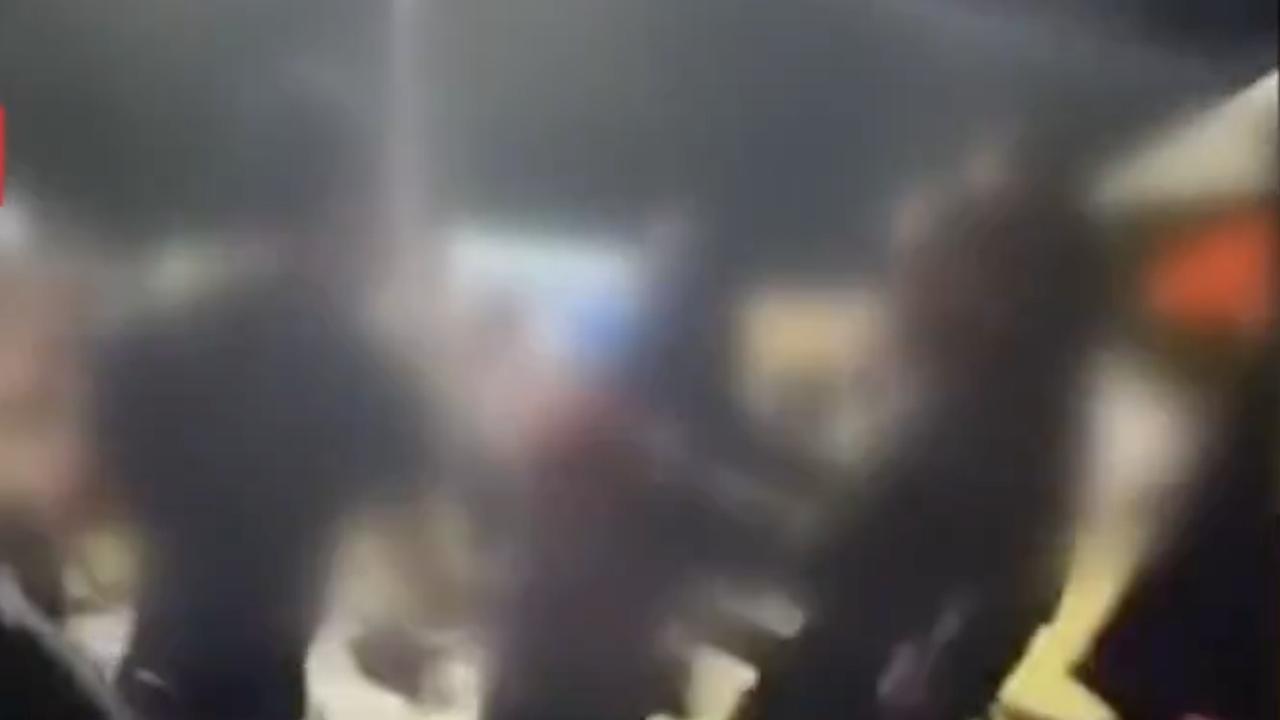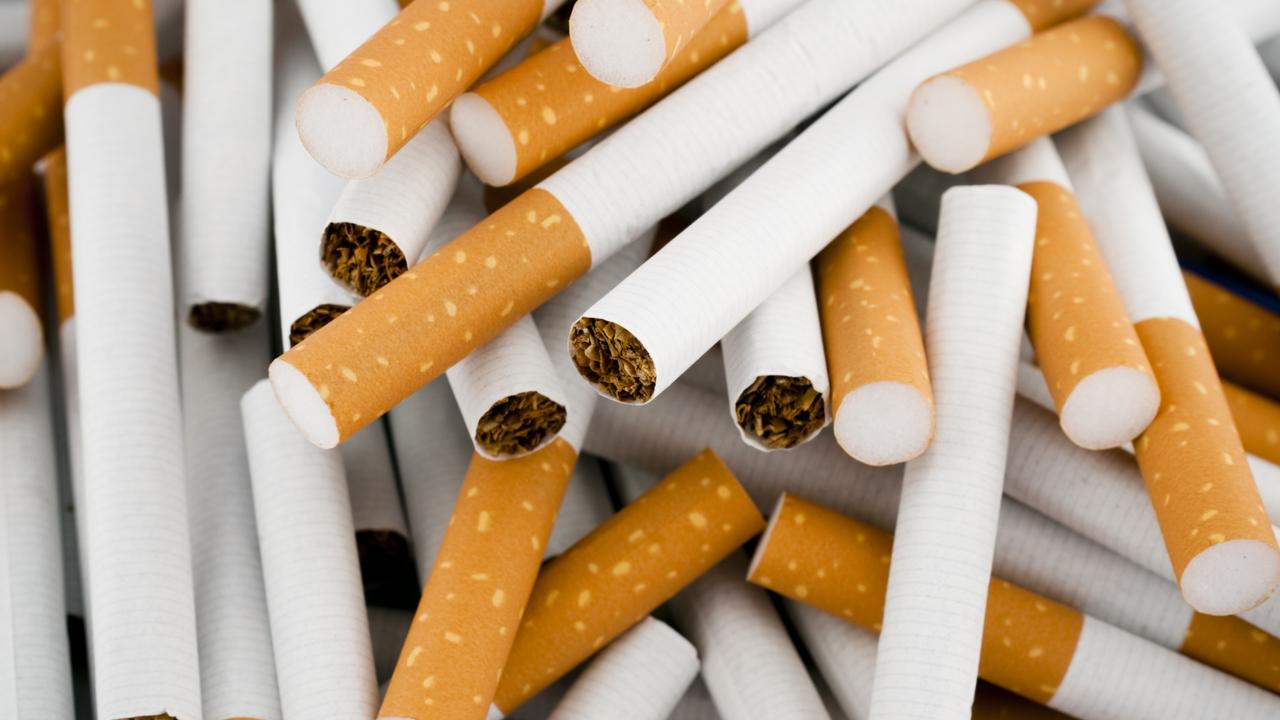Pressure on Vic govt to deal with political donation loophole harming minor parties
A legal loophole that caps political donations to minor parties is under scrutiny, with pressure mounting on the Victorian government to deal with the inequity.

Victoria
Don't miss out on the headlines from Victoria. Followed categories will be added to My News.
Pressure is mounting on the Victorian government to reveal if it will make changes to a controversial donations law loophole as it faces the threat of a High Court challenge.
A legal battle could also have implications for new federal donations changes, which are expected to be introduced into the parliament in November.
Former Victorian independent candidates Sophie Torney, Melissa Lowe, Nomi Kaltmann and Paul Hopper all ran as independents at the 2022 state election.
They have concerns that a provision in the state’s donations laws is unfairly benefiting the major parties because nominated entities can “spend millions at election time” while donations to small parties are “capped at $4500 a person”.
Their fight has the backing of Teal fundraising arm, Climate 200, which has provided the former independents with advice.

Lawyers for the independents wrote to Premier Jacinta Allan this week calling on the government to reveal by October 15 if it will remove the nominated entity exception to “make progress towards a level playing field in elections”.
They claim the exception in the Electoral Act is “constitutionally invalid” because it allows parties access to “uncapped resources to fund their campaigns”, therefore infringing on the implied constitutional freedom of political communication.
If the state doesn’t agree to make reforms, the independents will make an application to the High Court within two months saying there was a “need for clarity well in advance of the Victorian general election in 2026”.
Mr Hopper, who ran as an independent against the Victorian Treasurer Tim Pallas at the 2022 poll, planned to establish a new political party to represent Melbourne’s western suburbs.
But he claims Victoria’s donation laws “severely limited donations to a new political party”, making the creation of the West Party with his own money “unfairly difficult”.

“The Victorian laws seem designed to destroy minor parties and to stop the creation of new parties, like the West Party,” Mr Hopper said.
“These laws stop me putting my own money towards creating the West Party. How can that be legal?”
“We believe the Victorian laws are unconstitutional which is why we intend to take this fight to the High Court.”
An independent panel tasked with reviewing the reforms, introduced before the 2022 election, recommended abolishing the loophole.
Climate 200 executive director Byron Fay said: “Victoria’s political donation reforms were presented as a win for integrity, but their effect has actually been to prop up the major parties with millions of dollars in public funding and donation cap loopholes, while shutting out challengers and stifling competition in Victoria’s elections”.
“Australians should be very wary if the federal government attempts to enact similar reforms,” Mr Fay said.

If the laws were found to be unconstitutional by the High Court, this could also have implications if the proposed federal laws are passed.
Special Minister of State Don Farrell will in November introduce a suite of electoral changes, including caps on donations and campaign spending.
The reforms aim to crackdown on billionaires, such as mining magnate Clive Palmer, trying to influence elections.
Senator Farrell last month said Mr Palmer, who spent $117m at the least election, should be the “poster child” of the need for urgent reform after declaring he would launch a High Court challenge against any caps.
“I have always thought that if Clive Palmer is against it, I must be on the right track,” he said.
The Victorian government was contacted for comment.




